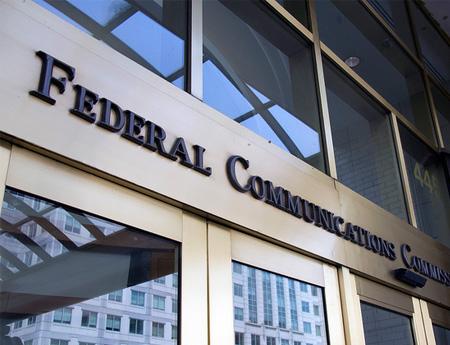FCC Proposes Lifting, Loosening Unbundling Regs on ILECs

The smarter way to stay on top of the multichannel video marketplace. Sign up below.
You are now subscribed
Your newsletter sign-up was successful
The FCC has voted 3-2 along party lines to tentatively eliminate and/or reduce requirements that incumbent local exchange carriers (ILEC)s unbundle (share) elements of their networks with competitors at regulated rates.
ILECs are those who were providing service before the 1996 Telecommunications Act (and its unbundling and resale provisions), primarily the former Bell operating companies (AT&T, Verizon, Centurylink).
Related: Spalter Says Everything Has Changed But the Rules
The FCC majority, in approving the notice of proposed rulemaking (NPRM), agreed that incumbents like AT&T and Verizon have gone from being monopolists to having only 12% of voice traffic, and provide only 20% of residential broadband at or above the FCC's high-speed definition of 256 Mbps/3 Mbps, with competition from "cable, voice over Internet protocol, fixed wireless, and mobile wireless services," the FCC said.
FCC Chairman Ajit Pai said the idea was to remove the obligations that "unnecessarily burden incumbent carriers and reduce incentives for incumbents and competitors alike to deploy and transition to next-generation networks." But acknowledging that requiring the incumbents to share can be a benefit in areas where there is less chance of competition without it. "To strike the right balance," he pointed out, the item also proposes to maintain unbundling of broadband-capable lines in rural areas.
In explaining her dissent, commissioner Jessica Rosenworcel said she was open to discussing the changes, but thought the FCC should have started with a notice of inquiry, and take out the tentative conclusions that there should be unbundling "to avoid prejudging the outcome."
Commissioner Geoffrey Starks said that he did not see an urgent need for "a further rollback of pro-competition tools," and said the NPRM proposals would "compound harms by making it more difficult for smaller competitors to compete for government contracts."
The smarter way to stay on top of the multichannel video marketplace. Sign up below.
INCOMPAS, which represents the competitive local exchange carriers and others, as not pleased.
“The FCC’s “unbundling” is bad news for 5G network builders and helps bailout AT&T who has told Wall Street they plan to 'milk' profits from old lines, while cutting $3 billion from new network investment. The FCC just spent 16 months reviewing this issue, and rejected big telecoms’ forbearance because it would hurt consumers and government agencies – including the US military, Homeland Security and public safety organizations – that depend on competition’s faster speeds and affordable prices.
“Worst of all, the FCC plans to rely on flawed data from the broken broadband maps to justify cutting off competition in rural communities. We believe killing competition before fixing the maps is bad policy, terrible politics and legally flawed.”
USTelecom, whose members include AT&T and Verizon, saw it as matching the regs to the realities. "[T]here is no rational argument in 2019 to subject only incumbent wireline providers – that already face stiff competition – to outdated, intrusive and unfair rules that do not apply to any other providers," said USTelecom President Jonathan Spalter. "The 1996 unbundling rules were supposed to spur facilities-based competition (mission accomplished), not extend discount access rates to competitive carriers in perpetuity.
“For this FCC, modernizing regulations has been a top priority, and this unbundling fix falls squarely under that rubric. Everything has changed in our turbo-charged communications sector since 1996. Everything except the unbundling rules. It’s time those changed too.”
Contributing editor John Eggerton has been an editor and/or writer on media regulation, legislation and policy for over four decades, including covering the FCC, FTC, Congress, the major media trade associations, and the federal courts. In addition to Multichannel News and Broadcasting + Cable, his work has appeared in Radio World, TV Technology, TV Fax, This Week in Consumer Electronics, Variety and the Encyclopedia Britannica.

